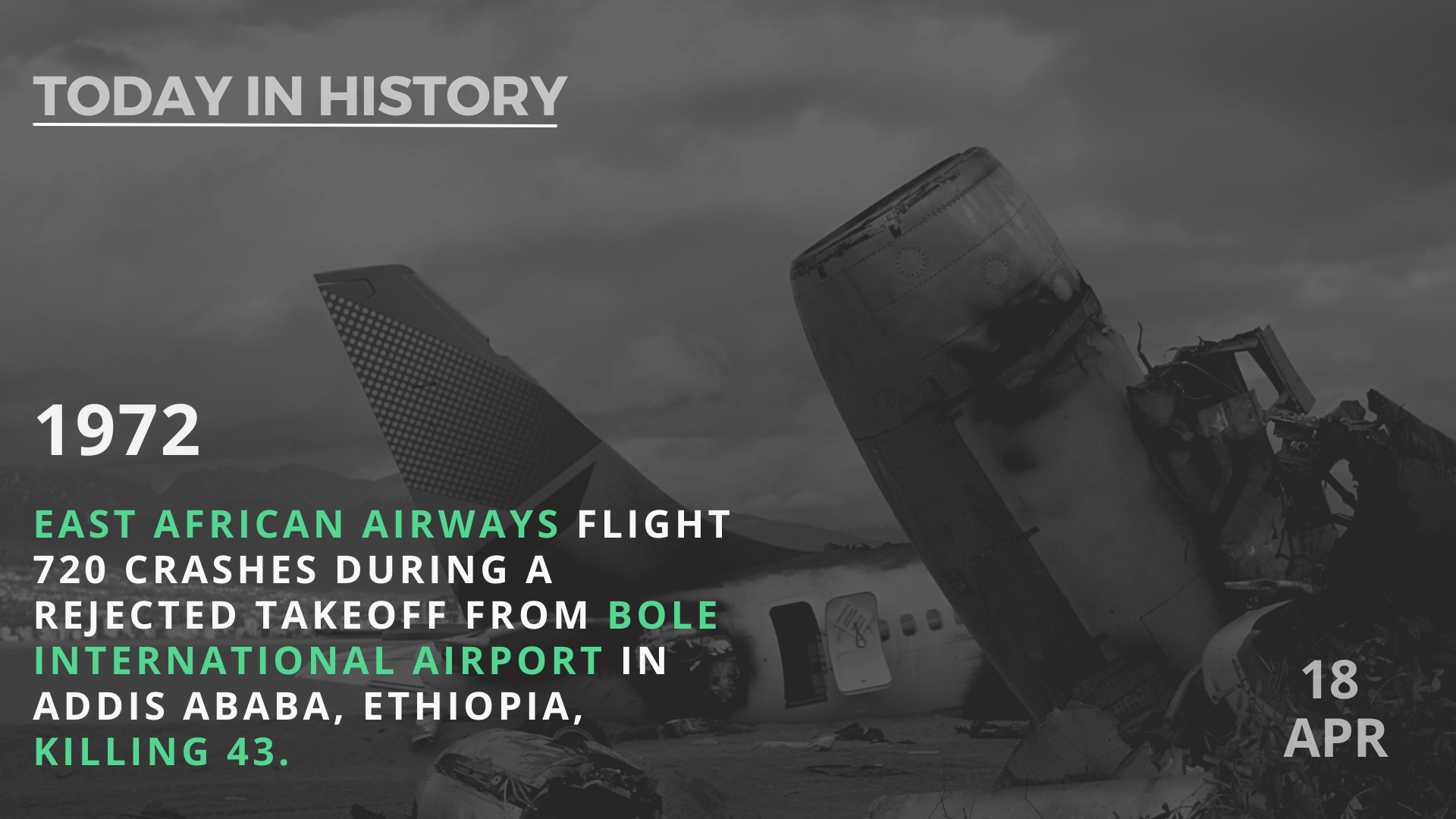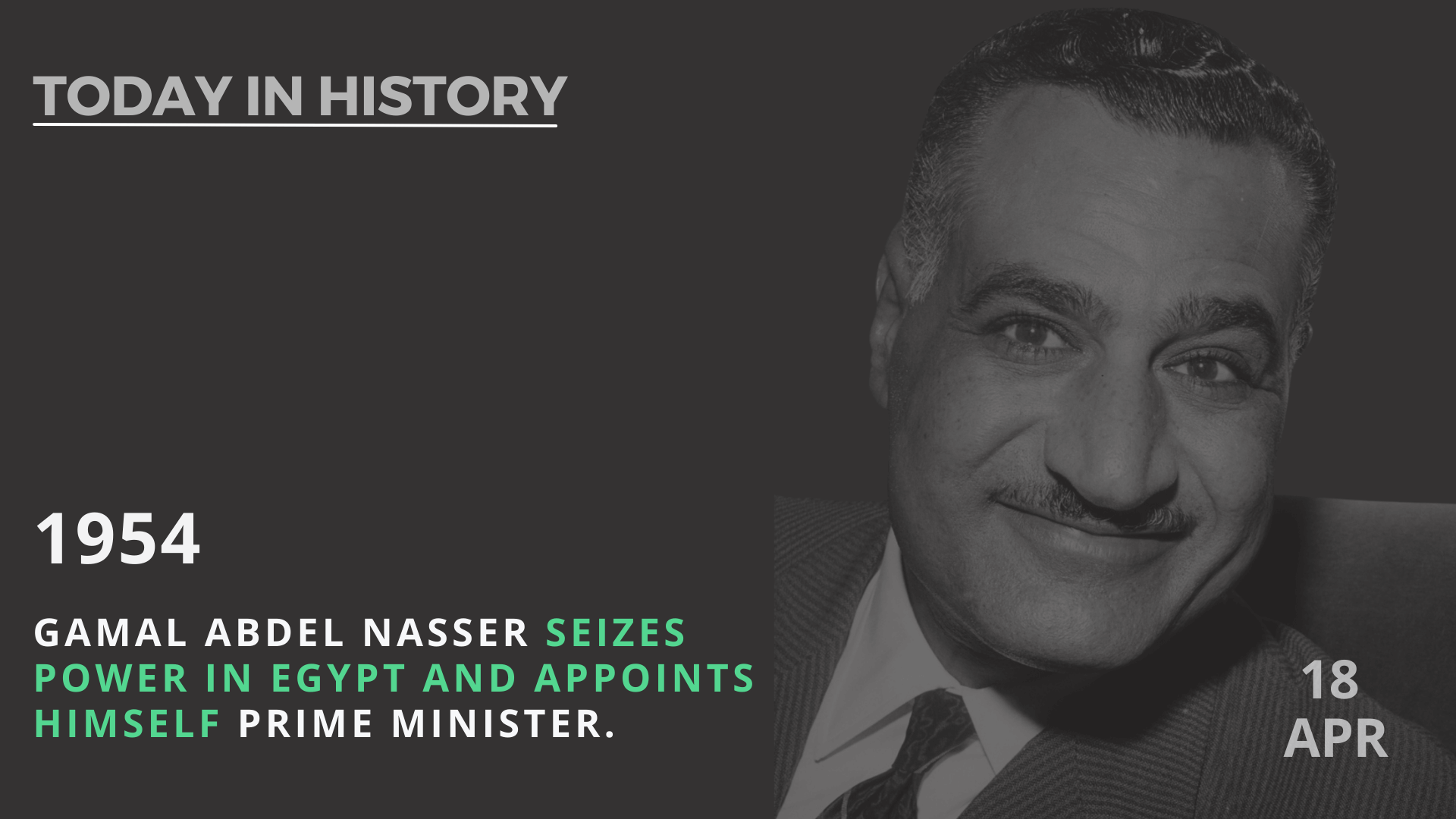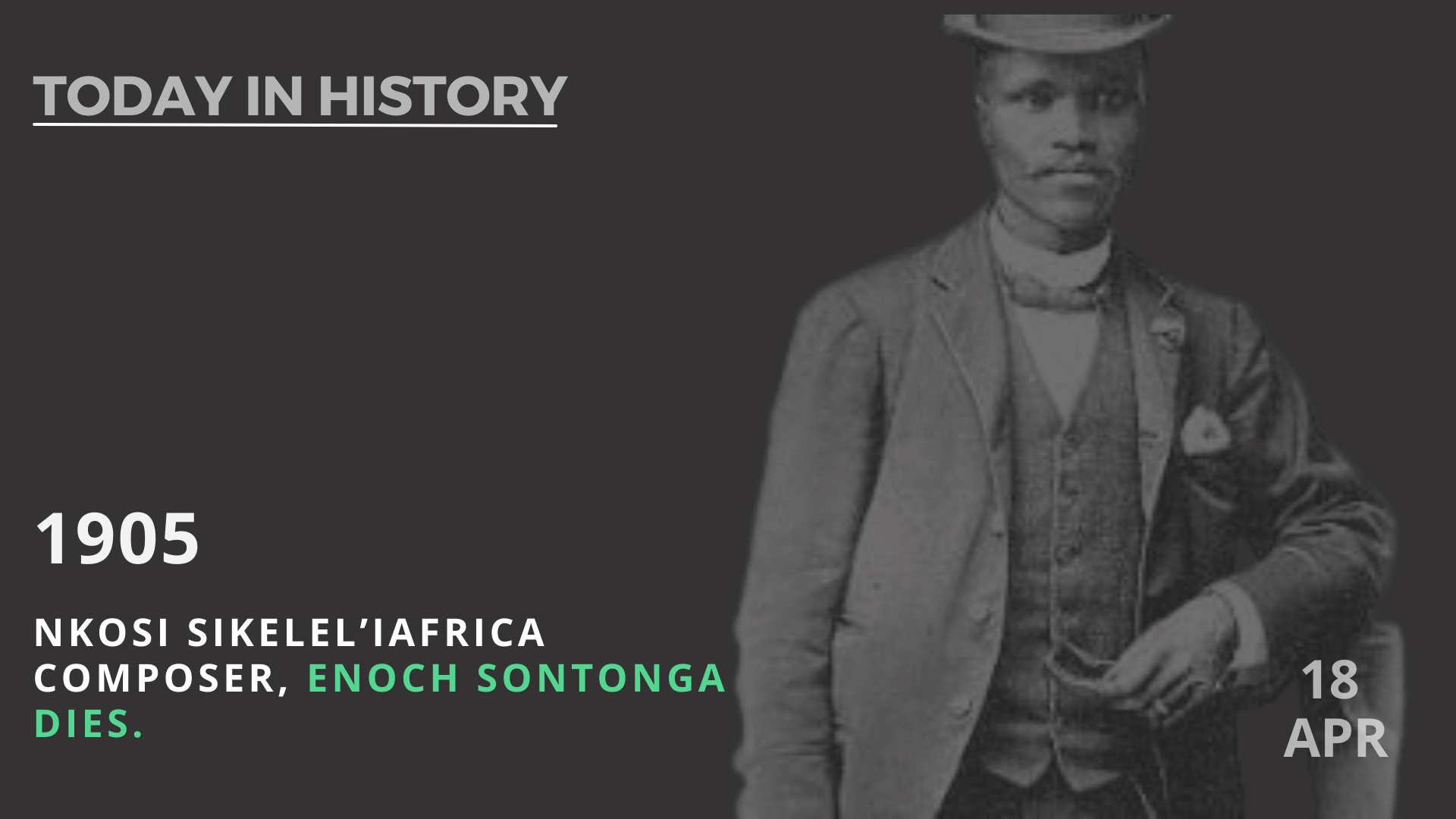On 18 April 1972, Flight 720 (EC720) burst into flames and crashed while taking off from Bole International Airport, Addis Ababa, killing 43 out of 107 passengers onboard.
East African Airways Flight 720 (EC720) was a scheduled international passenger flight operated by East African Airways, a joint airline run by Kenya, Tanzania, and Uganda. The flight's route was from Nairobi, Kenya, to the UK, with stops in Ethiopia and Italy.
While on the ramp, the flight engineer noticed that the hydraulic fluid was leaking from the No.1 rear main wheel. He deemed the leak as still acceptable for a flight to London and therefore did not report the problem.

The flight was cleared for take-off, but mid-runway, there was a loud bang! The right nose wheel had burst after striking a steel jacking pad from a smaller plane, Cessna 185, which had departed earlier from the airport. The aircraft shook violently, and the nose rose momentarily before coming down again.
The flight crew tried to abort the takeoff, but the brakes failed. The aircraft veered slightly to the right. Shortly after, a second loud bang was heard as the No.1 rear main tire, also burst.
The aircraft then ran out of runway, crossed a storm drain and became momentarily airborne. The left outer wing then struck a steel lattice tower, rupturing the fuel lines and causing the aircraft to burst into flames.
Abdel Nasser appoints himself Prime Minister

Colonel Gamal Abdel Nasser staged a military coup in 1952 that forced King Farouk, whose rule had been criticized for corruption, to relinquish power to General Muhammad Naguib, the figurehead leader of the coup.
On 18th April 1954, Nasser removed Naguib from power and proclaimed himself the prime minister of Egypt.
He ruled as an effective and popular leader and promulgated a new constitution that made Egypt a socialist Arab state.
Two years later, he was elected, unopposed, to the new office of president. He died still in office in 1970 from a heart attack.
Introducing Today In History

A daily dose of African History.
This feature highlights important events, milestones, and figures from the rich and diverse history of Africa.
Take a look at other historical events that happened on this day.
Proverb of the Day
Nyri kunto meeta baakono nya wo nyandin aah buka keno banbotii (Mandinka)
Translation: However long a wood spends in a river, it cannot turn into a crocodile.
Meaning: It's important to remember that our heritage and roots are an essential part of who we are. While it can be tempting to abandon them in the pursuit of modernism and rational thoughts, doing so can leave us feeling disconnected and unfulfilled.
It's natural to look to others for inspiration and guidance, but we should never forget that our uniqueness is what makes us special. Embracing our heritage and roots can help us discover who we truly are and what we stand for. So don't be afraid to be different and embrace your identity - you have the power to create a life that is authentically yours!
It is time to tell our stories.
Till next time.
Mike.
Join the Lughayangu Community!

